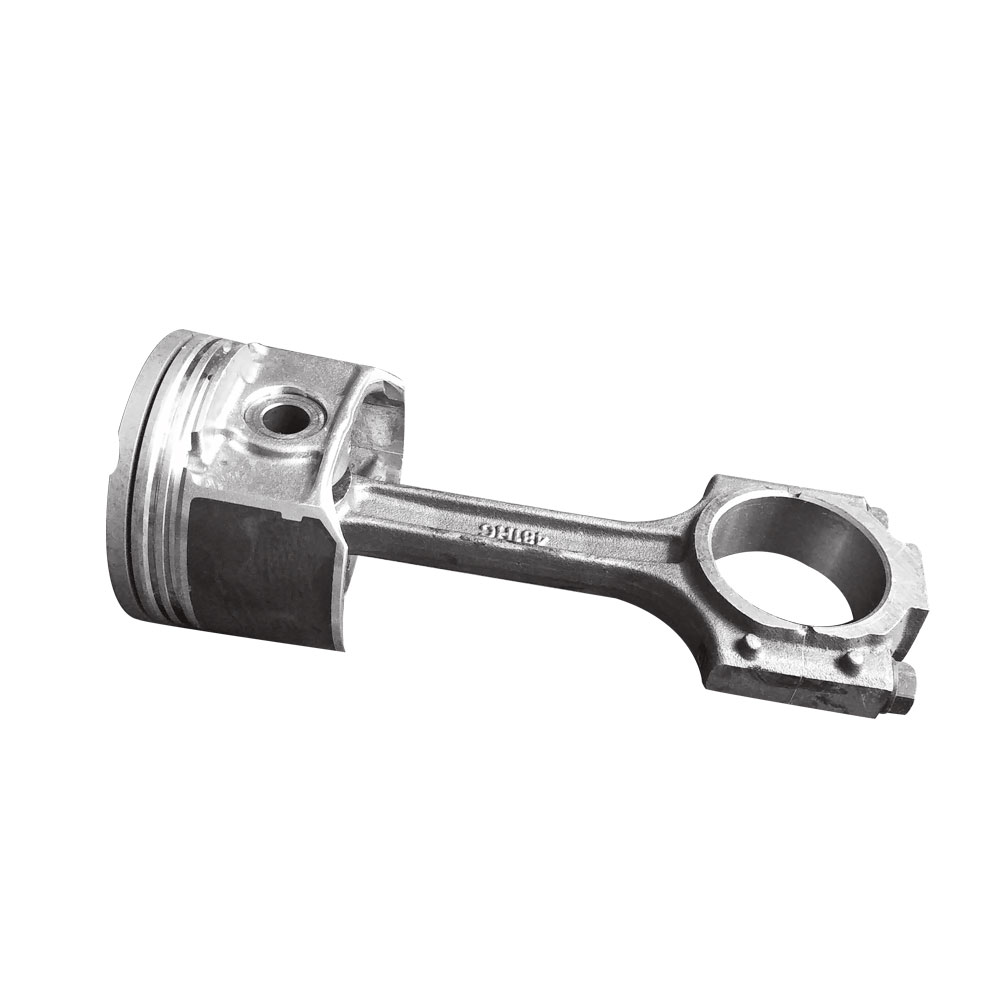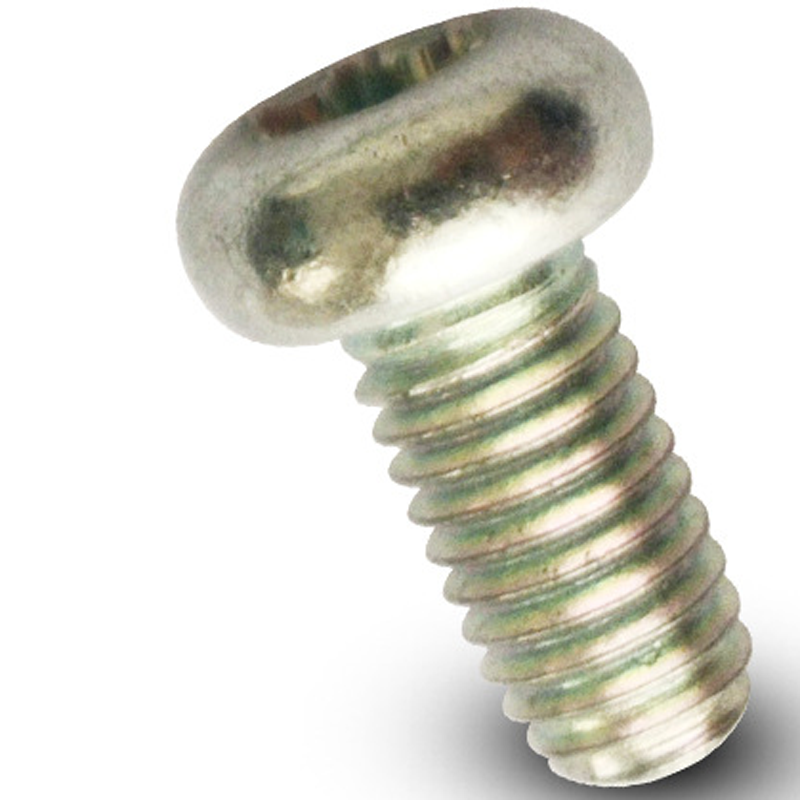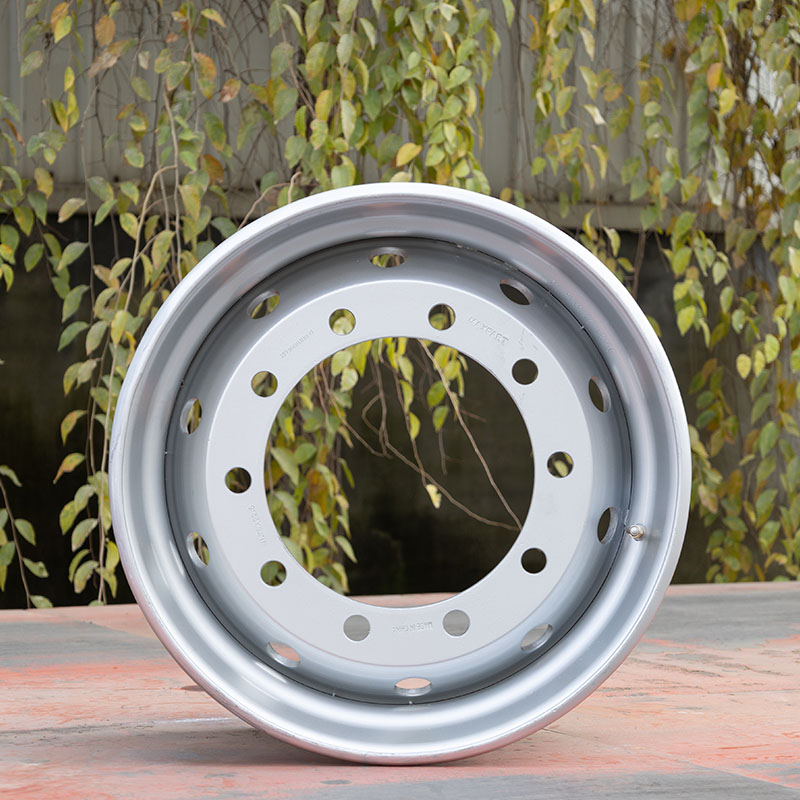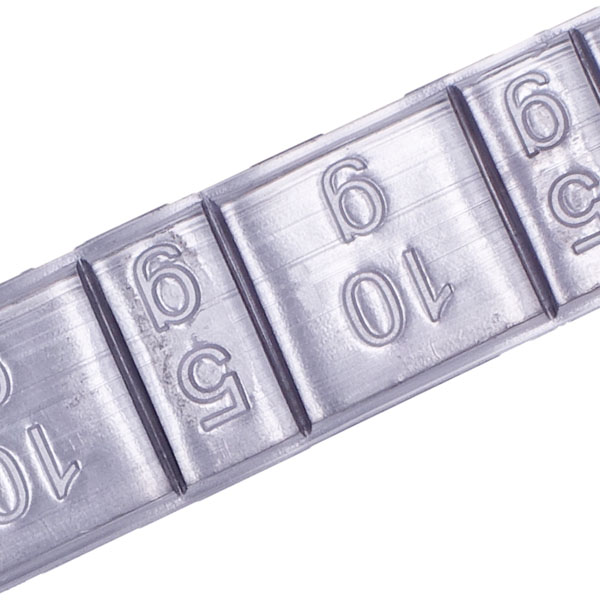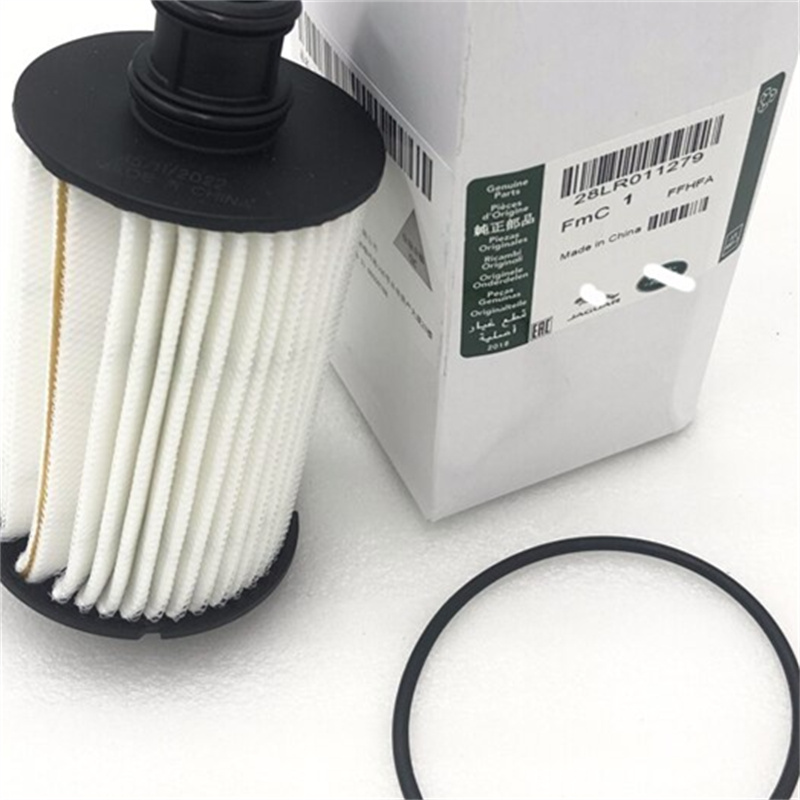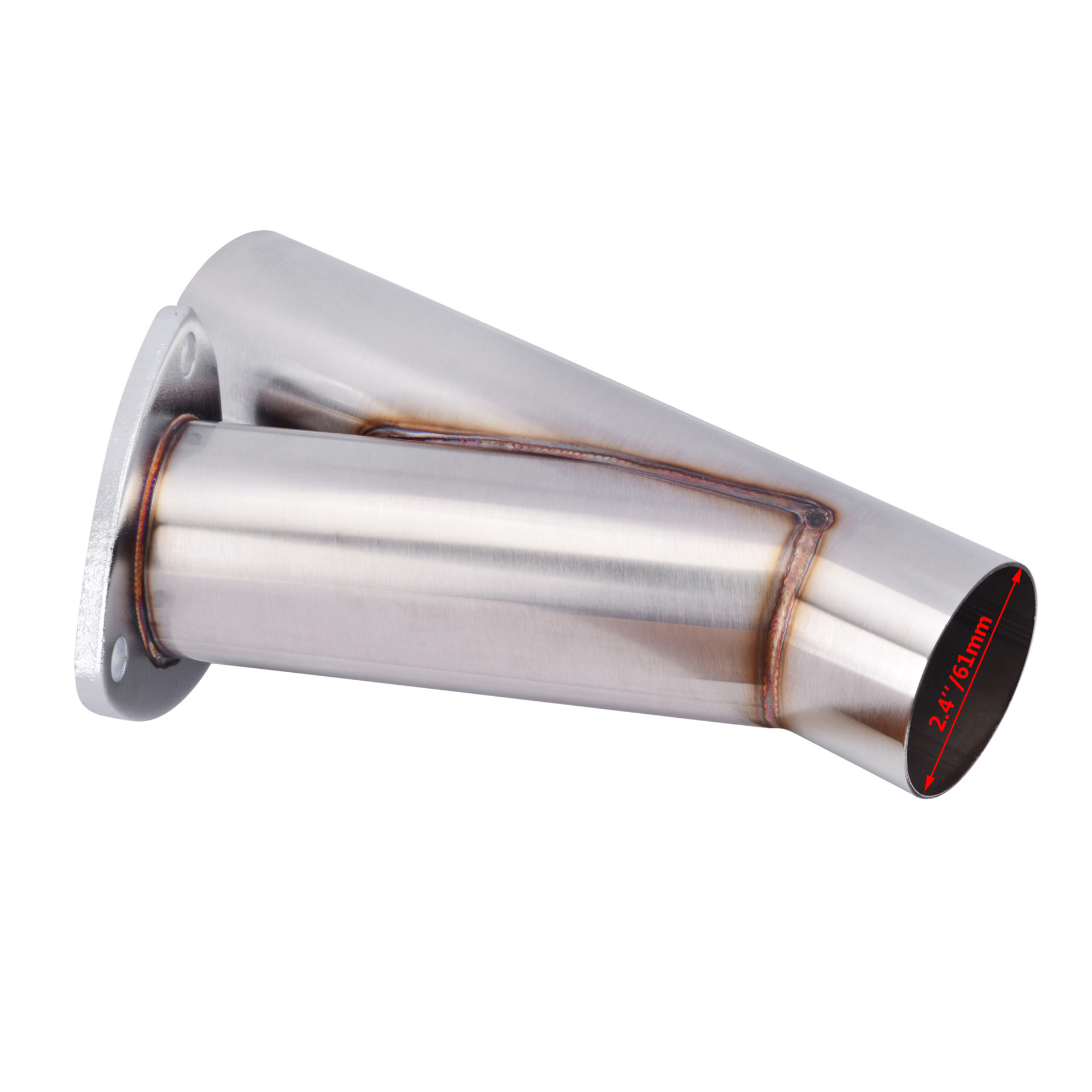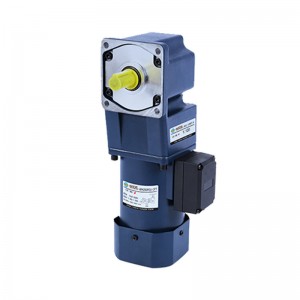function connecting rod casting for chery tiggo 2 auto parts
| Product grouping | Engine parts |
| Product name | Connecting rod |
| Country of origin | China |
| OE number | 481FD-1004110 |
| Package | Chery packaging, neutral packaging or your own packaging |
| Warranty | 1 year |
| MOQ | 10 sets |
| Application | Chery car parts |
| Sample order | support |
| port | Any Chinese port,wuhu or shanghai is best |
| Supply Capacity | 30000sets/months |
Therefore, the connecting rod is subjected to alternating loads such as compression and tension. The connecting rod must have sufficient fatigue strength and structural rigidity. Insufficient fatigue strength will often cause the connecting rod body or the connecting rod bolt to break, and then cause major accidents such as the destruction of the whole machine. If the rigidity is insufficient, it will cause the rod body to bend and deform and the big end of the connecting rod to deform out of round, resulting in eccentric wear of the piston, cylinder, bearing and crank pin.
The piston is connected with the crankshaft, and the force on the piston is transmitted to the crankshaft to convert the reciprocating motion of the piston into the rotary motion of the crankshaft.
The connecting rod group is composed of connecting rod body, connecting rod big end cap, connecting rod small end bushing, connecting rod big end bearing bush, connecting rod bolt (or screw), etc. The connecting rod group bears the gas force transmitted by the piston pin, its own swing and the reciprocating inertia force of the piston group. The magnitude and direction of these forces change periodically. Therefore, the connecting rod is subjected to alternating loads such as compression and tension. The connecting rod must have sufficient fatigue strength and structural stiffness. Insufficient fatigue strength will often cause the fracture of connecting rod body or connecting rod bolt, and then cause the major accident of complete machine damage. If the stiffness is insufficient, it will cause bending deformation of rod body and out of round deformation of connecting rod big end, resulting in eccentric wear of piston, cylinder, bearing and crank pin.
The connecting rod body is composed of three parts, and the part connected with the piston pin is called the connecting rod small end; The part connected with the crankshaft is called the big end of the connecting rod, and the rod connecting the small end and the big end is called the connecting rod body.
The small end of the connecting rod is mostly a thin-walled ring structure. In order to reduce the wear between the connecting rod and the piston pin, a thin-walled bronze bushing is pressed into the small end hole. Drill holes or mill grooves on the small head and bushing to make the splashed oil foam enter the mating surface of lubricating bushing and piston pin.
The rod body of the connecting rod is a long rod, which is also subjected to large force in work. In order to prevent its bending deformation, the rod body must have sufficient stiffness. Therefore, the connecting rod body of vehicle engine mostly adopts I-shaped section, which can minimize the mass under the condition of sufficient stiffness and strength. H-shaped section is used for high strengthening engine. Some engines use the small end of the connecting rod to spray oil to cool the piston, and a through hole must be drilled longitudinally in the rod body. In order to avoid stress concentration, large circular arc smooth transition is adopted at the connection between connecting rod body and small end and large end.
In order to reduce the vibration of the engine, the mass difference of the connecting rod of each cylinder must be limited to the minimum range. When the engine is assembled in the factory, it is generally grouped according to the mass of the large and small ends of the connecting rod, and the same group of connecting rods is selected for the same engine.
On the V-type engine, the corresponding cylinders in the left and right rows share a crank pin, and the connecting rod has three types: parallel connecting rod, fork connecting rod and main and auxiliary connecting rod.
